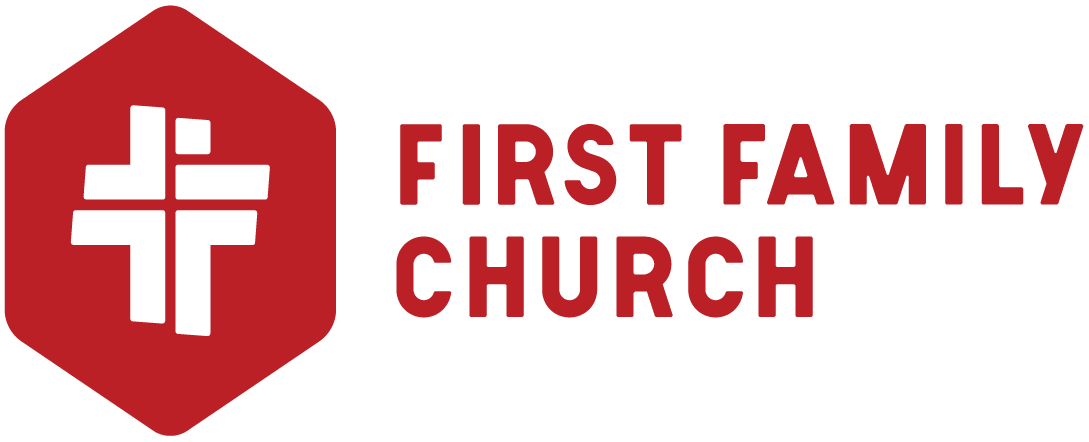Hosea (Part 2) | Resources
Introduction to Hosea
Hosea is one of the most autobiographical of the Prophetic Books in that the opening account of Hosea’s own marriage and family form a vital part of his unique message. God’s word of grace and his call to repent are dramatically portrayed and punctuated by Hosea’s scorned but constant love for his wife Gomer and by the odd names of his three children. Apart from this information about his immediate family, hardly anything is known about Hosea. His divinely commissioned marriage to the promiscuous Gomer, which brought Hosea such heartache, seems to have been the beginning of his long career. But rather than ministering in spite of personal sorrow, Hosea found that his troublesome marriage was the foundation stone of his ministry.
E. Ray Clendenen, “Hosea,” in CSB Study Bible: Notes, ed. Edwin A. Blum and Trevin Wax (Nashville, TN: Holman Bible Publishers, 2017), 1349.
Memory Verse
“Ephraim, why should I have anything more to do with idols? It is I who answer and watch over him. I am like a flourishing pine tree; your fruit comes from me.” Hosea 14:8 (CSB)
Bible Reading
Take time to engage with God’s Word this week. Answer these questions: What is the main idea of this passage? What’s something that stood out? How does this passage point to Jesus? How can I live out what I read?
– Day 1 — Hosea 8
– Day 2 — Hosea 9
– Day 3 — Hosea 10
– Day 4 — Hosea 11-12
– Day 5 — Hosea 13-14
Discussion/Reflection Questions
1) Summarize the story that is being told.
2) Read Hebrews 12:10. What does this verse teach us about God’s discipline of us?
3) How have you seen God’s discipline in your life lately?
4) What does this book teach us about God, ourselves, or the gospel?
5) How is the Holy Spirit prompting you to repent or obey?
Devotional
One night, when I was nine, I stared at the stars out my window and wondered about Heaven. I asked my mom about it, we prayed, and I accepted Christ as my Savior. That night, I fell asleep at peace because, for me, Heaven meant eternity with God. As I grew over the next decade, my relationship with God grew too. I got baptized, filled journals with prayers, and read my Bible so much I broke the binding.
In college, my Bible collected dust in my dorm room. Like the background of an old photograph, my faith faded until I doubted it was ever there in the first place. Then, one night at rock bottom, I consciously turned from God and into myself. I figured life with God had allowed plenty of suffering, pain, and confusion, so what was the worst that could happen without Him?
Naturally, the suffering, pain, and confusion persisted, but without God, I had no place of refuge, nowhere to hide, and no one to cry out to for help. I realized I couldn’t survive like that, so one Sunday at church, I begged God to save me. After that, I dug back into my Bible. I read about the Israelites, their stubborn, fickle hearts, and their title as the chosen children of God. I read about covenant promises and face-to-floor worship by the same people who consistently turned from God and into themselves. I read books like Hosea and was overcome with emotion. Despite how much God’s righteous anger burned, his love for his children remained relentless. He always welcomed them back with open arms, whispers of promises kept, and reminders of human hearts forever changed.
Then it hit me. I was more like the Israelites, more like Gomer than I cared to admit. I realized that night, when I was nine, I had become a child of God. No take-backs. Like the Israelites, I may have tried to leave God, but he never left me. When I turned back into his arms, he showered me with relentless love, whispers of promises kept, and reminded me that once a human heart accepts Him, it is forever changed.

